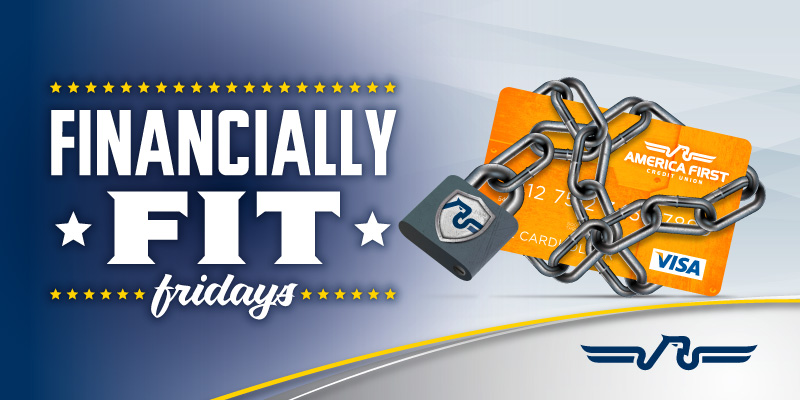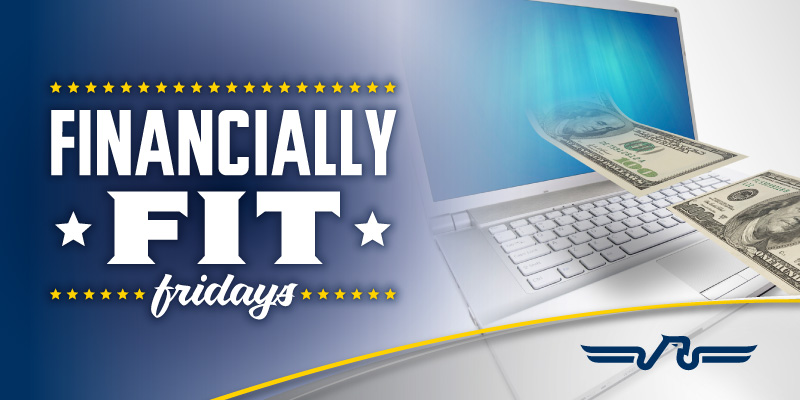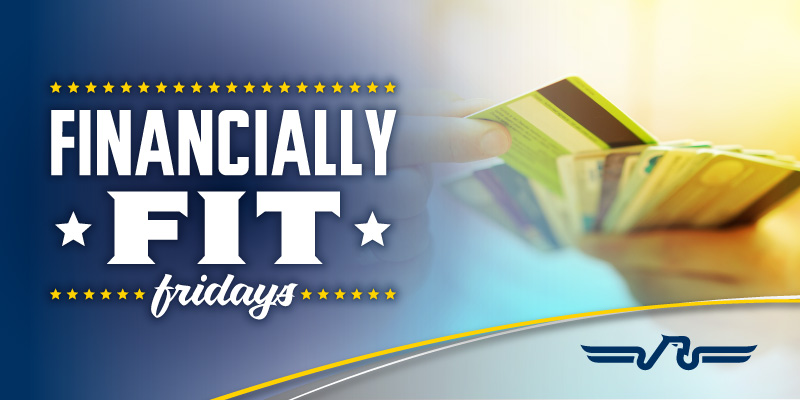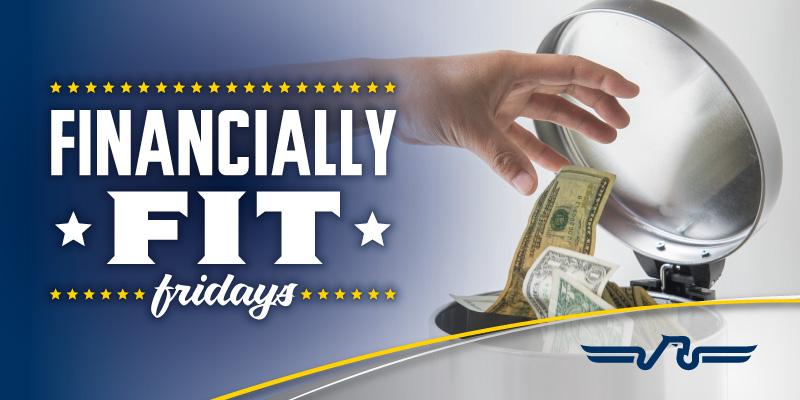Preventing fraud is sometimes as easy as keeping an eye on your money. Regular account monitoring can help protect your identity and keep your hard-earned funds safe. Many credit unions, banks and credit card companies will send a monthly statement, which you should always look over, but being proactive in your financial surveillance will give you an extra layer of protection.
Logging in
Online banking gives you anytime, anywhere access and that means you don’t have to wait for a statement. Some people make logging in and going through account activity part of their morning routine. As you check in, you’ll see pending charges, when checks clear, when deposits are made, and more. Also, looking at your account daily facilitates better budgeting.
The main things to watch for when monitoring your account are unexpected ATM withdrawals, unusual point-of-sale purchases and other unauthorized transactions on your Visa® cards. America First also offers free check images so you can verify that there haven’t been any alterations to cleared checks. Moreover, if you authorize specific withdrawals, such as those from a utility company, make sure the names and amounts match your expectations.
Setting up alerts
America First offers free account alerts that will trigger emails when specific actions occur. You choose what kind to get and when they’re sent. These could include notifications about withdrawals over a certain amount, when you’re approaching your credit limit, or when your paychecks arrive. Enabling and customizing alerts will allow you to stay on top of your finances.
Downloading more benefits
Card Guard® from America First is a free mobile app that gives you complete control of your Visa and ATM cards. For example, you can use it to disable your debit card outside your current geographic location or specify that your Visa credit card can only be used at restaurants. Or, you prohibit any ATM withdrawals. Card Guard® can also send instant notifications to your mobile device whenever your card is used. Plus, if you lose your card, you can immediately disable it.
Regardless of how you’re monitoring, if you notice any unauthorized purchases or suspect any fraudulent activity, notify us immediately. America First members will generally not be held liable for fraud when it’s reported in a timely manner. But being vigilant is always part of a good defense.










